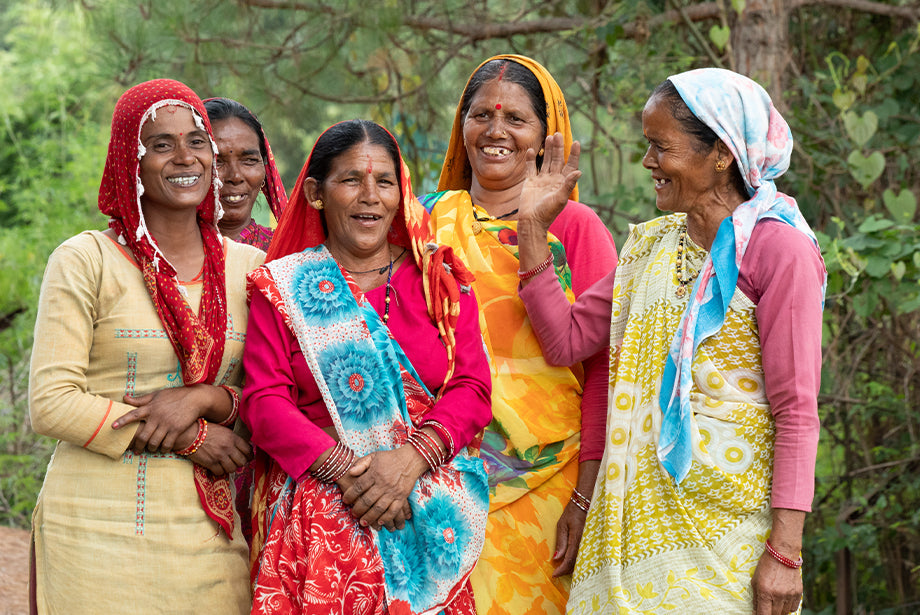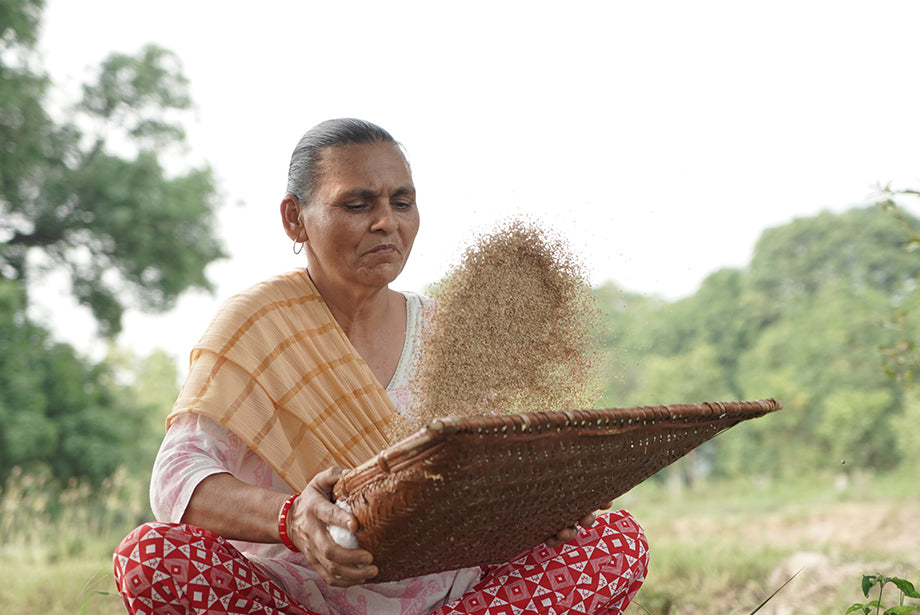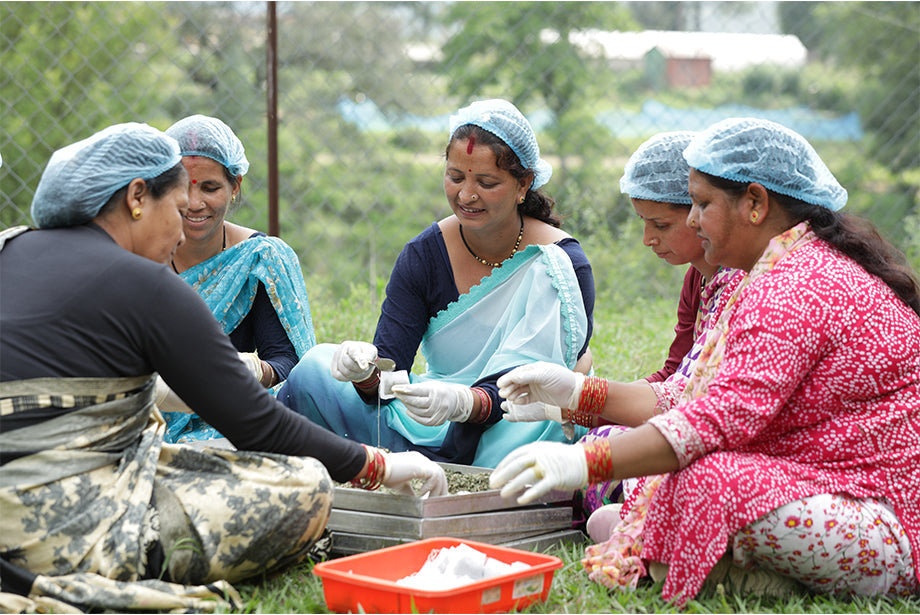
From undervalued artisans to celebrated entrepreneurs: How Himalayan women stepped into the spotlight
The diligent women of Vikas Cluster Level Federation (CLF)—a collective that, until recently, operated only in local circuits and sold its products at weekly markets at low prices — are now getting the recognition they deserve.
Take rose water, for instance. A beautifully distilled, all-natural bottle was sold for just ₹50. There was no packaging, no brand, and no consumer awareness of its purity or origin. Despite the effort, earnings remained too low to create a real impact.
But in 2023, things began to change. A newly established partnership between House of Himalayas (HoH) and Vikas CLF ushered in a fresh wave of change. Here's how things changed:
1. Fair Pricing
To remove uncertainty and assure fair income for the artisans, HoH introduced structured procurement with pre-fixed rates. Within a year, Vikas CLF clocked over ₹3.93 lakh in product procurement, giving a major boost to household incomes.
2. Skill Building
To give traditional products a modern touch, these women were trained in hygiene, packaging standards, consumer preferences, and quality control.
3. Brand Identity
Which was once a nameless and unidentifiable product, is now a proud part of the HoH brand. The labels highlight the Himalayan origin, the story behind the product, and the women who made it. The same rose water is now beautifully packaged and sold for ₹200.
4. Wider Reach
To extend the reach of these products beyond the village boundaries across India, they are now showcased in exhibitions, displayed on e-commerce listings, and disbursed through urban partnerships.
The impact is not about numbers, but it’s about strengthening the dignity of these Himalayan women. The women now introduce themselves not just as homemakers or artisans, but as entrepreneurs. They attend fairs, speak to customers, and take pride in their work. Communities have begun to recognize their leadership







